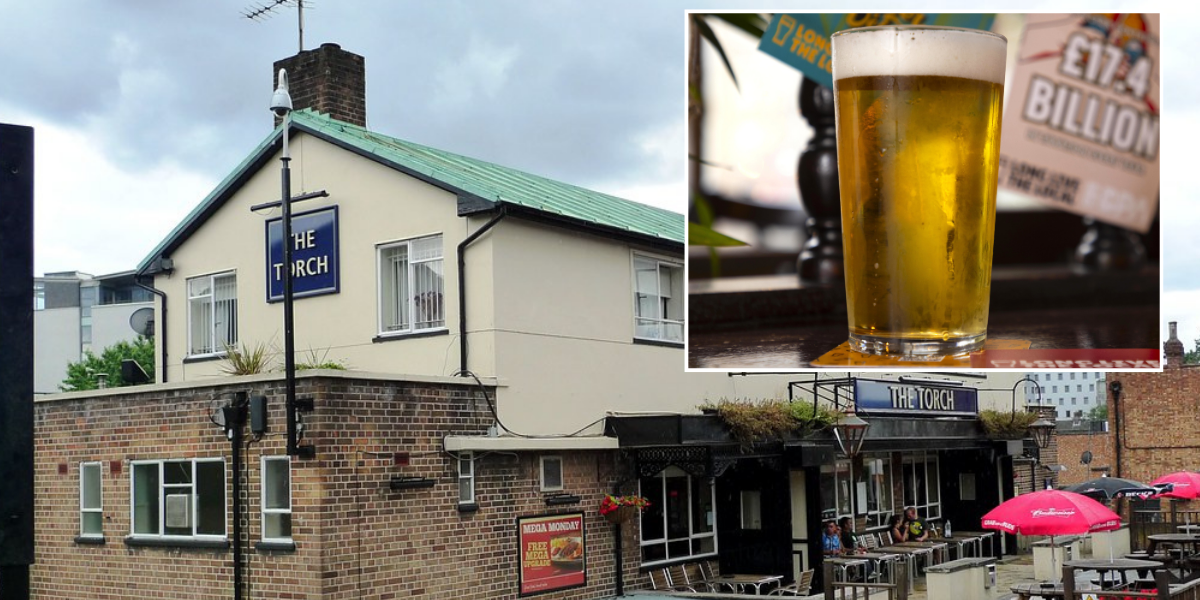A Cabinet split over assisted dying has deepened after Angela Rayner and Louise Haigh revealed they were backing opposing sides in the debate.
Ms Rayner, the Deputy Prime Minister, is the most senior figure among at least four members of Sir Keir Starmer’s Cabinet who are expected to oppose the legislation when it comes before MPs on Nov 29.
Wes Streeting, the Health Secretary, Shabana Mahmood, the Justice Secretary, and Bridget Phillipson, the Education Secretary, are all thought likely to vote against the Bill being put forward by backbench Labour MP Kim Leadbeater.
The legislation would allow terminally ill adults expected to die within six months to legally take their own lives, provided they have the support of two independent doctors and have been approved to do so by a High Court judge.
On Sunday, two senior frontbenchers from both sides of the House – Ms Haigh, the Transport Secretary, and Chris Philp, the shadow home secretary – indicated that they were minded to back the legislation.
Sir Keir Starmer has previously said he is “personally in favour” of changing the law although last week he said he had not decided how he would vote on the Bill, saying it would “depend on the detail”.
Liz Kendall, the Work and Pensions Secretary, and Lisa Nandy, the Culture Secretary, have said they will vote in favour of the Bill, which is backed by former Labour Lord Chancellor Lord Falconer.
Ms Haigh, who voted in favour of assisted dying in the last vote a decade ago, said she was “leaning” towards backing Ms Leadbeater’s Bill. “But I am really conscious that there are concerns, particularly from disabled advocacy groups and concerns around palliative care. So I am considering that,” she said.
“I think this is a really important move for the country as a whole to reflect. I don’t think anybody should for a second think that as MPs, we don’t take this decision seriously, and it’s a very, very difficult decision that I am weighing up on both sides.”
Mr Philp said he personally believed in the sanctity of life and would never engage in assisted dying himself but he said: “ I also respect personal choice and personal liberty, and I don’t want to use my the power of my vote in parliament to stop somebody else exercising a choice in certain very restricted circumstances.”
‘Very, very strong safeguards’
He said he would want to be assured that there were “very, very strong safeguards” including no coercion, two doctors signing it off and approval by a judge.
If these “narrow” conditions applied, “I would be prepared to support this on the grounds that I respect other people’s right to make their own choice, even though it’s a choice I myself, would, I hope, never make,” he said.
“I would never encourage any of my friends or family to do so, because I do believe in the sanctity of life, but I also believe in people’s personal choice and personal liberty, and that’s how I will, I think, balance up those two very difficult competing considerations.”
The Sunday Times reported that Mr Streeting had been rebuked by the Prime Minister over his repeated public interventions opposing a move to legalise assisted dying in England and Wales.
Sir Keir was said by the paper to have spoken to Wes Streeting after the Health Secretary ordered his officials to review the costs of implementing any changes in the law.
Simon Case, the Cabinet Secretary, last month urged Cabinet ministers to remain neutral and not to enter into the public debate. MPs will be given a free vote on the Bill when it is given its second reading on November 29, meaning they do not have to vote along party lines and can make their own decision.
‘Stakes could not be higher’
Baroness Grey-Thompson, an 11-time gold medallist, warned changing the law could cause a “seismic shift” in the way the health system cares for people.
“I urge Parliamentarians to understand the significance of proposed changes to the law and the seismic shift it would cause to the way we choose to care for people at their most vulnerable,” she said.
“Protecting people is something the current prohibition on encouraging or assisting suicide does well. Parliamentarians should be in no doubt that a change to this law would fundamentally alter the political and societal landscape for disabled people.”
Her call was backed by Lord Shinkwin, the Conservative baron and disability rights campaigner, who was born with brittle bone disease.
“Precedents in other jurisdictions show that safeguards are quickly eroded, and disabled people become targets by default,” he said. “We should not be in any doubt: the stakes could not be higher.”












